In December 2018, I was in Yola, Adamawa State, for a two-day media dialogue on Community Management of Acute Malnutrition. It was organized by UNICEF, DfID, and allied bodies to drive public advocacy on the crisis in which 33m under-five Nigerians were caught at the time.
That event was an eye-opener for me and my colleagues as experts detailed the factors driving the crisis. Malnutrition is not a function of poverty alone; in fact, ignorance and lifestyle may be bigger drivers of the menace.
Malnutrition could be found in the household of the rich, if the food on offer doesn’t satisfy the dietary requirements for healthy growth of the child. Obesity is a form of malnutrition in growing children. While stunting and wasting are common among poor households, experts say ignorance may sometimes play bigger roles in snatching the future of the child.
For instance, a poorly breastfed child (from whichever social background) may suffer malnutrition. Similarly, any pregnant woman from whatever social backgrounds may give birth to a malnourished child. A pregnant woman who misses out on key dietary needs may give birth to a stunted child, regardless of her social standing. These are scientific facts which stress the role of education and advocacy in the fight against under-five malnutrition.
Therefore, malnutrition is a topic that should attract only serious-minded individuals to contribute. Kwara PDP voyeurs — which sadly includes a professor — should note this and join the advocacy to fight the crisis.
For the avoidance of doubt, the UNICEF did not at any time indict the state government in its report. Rather, UNICEF Country Representative Christian Munduate commended the efforts of this administration to combat the crisis.
“Kwara State’s commitment to addressing child malnutrition is commendable. The Child Nutrition Fund enables us to double our efforts and reach more children with the essential nutrition they need. We hope this partnership serves as an inspiration for other states to prioritise child nutrition,” she said.
Kwara is just one of the 11 Nigerian states to sign up for the UNICEF’s Child Nutrition Fund, according to the official statement of the global body. Under the initiative, the state contributed a whopping $100,000 as counterpart funds to receive the Ready-to-Use Therapeutic Food (RUTF), which is critical for the management of malnourished children.
Apart from the above, the administration has adopted policies and programmes that underpin its commitment to the wellbeing of the Kwara child: six-month maternity leave to encourage exclusive breastfeeding, school feeding programme, KwaraLEARN, widespread support for smallholder farmers and traders, the livestock productivity and resilience support project, and social protection like KWASSIP and Kwapreneur.
This administration has since signed up for nutrition-sensitive interventions such as maternal and infant young child nutrition (MIYCN) along with counselling and management of acute malnutrition in the state’s health facilities. This is in addition to the state policy on multi-sectoral plan of action, including community food demonstration.
These do not fit the image of an unserious government. The PDP doesn’t have this record from their years. Maternal mortality was the worst in Nigeria under the PDP after the insurgency-wracked northeastern Borno state. In 2019, under-five mortality stood at 4.8 per 1000 live births. Today, Kwara has the least child mortality rate in Nigeria — at 2 per 1000 live births.
In 2019, Kwara wore the crown of shame in national immunisation coverage with monthly outbreaks of circulating polio disease. It was the worst in Nigeria. This is evidenced in the majority of Kwara LGAs not passing the National Lot Quality Assurance Survey (LQAS). Owing to a record of unresponsiveness, a worst form of which was seen in the UBEC blacklisting the state, the UNICEF left the state under PDP’s watch!
The PDP years were hardly a gold standard for anything salutary: the obnoxious law that awarded terrible pension packages was active throughout Ali Ahmad years as the Speaker. The diversion of UBEC funds, a big crime against the Kwara child, happened in those years, while the great Alimi Chalet was stolen from the people in those years. Teachers who mould the future of the children were not being paid in those years — just as promotion of workers stagnated in the ‘golden years’. The list is endless. So what was the law professor saying? I repeat: we won’t allow anyone to revise our history.
The national school feeding programme began in 2016. The PDP administration never enrolled until it lost power in 2019. The APC government enrolled in the programme in 2020. Even with existing gaps, access to public health facilities is many times better under this administration than PDP’s. So what is the chest-thumping about?
Prof Ali Ahmad’s claim that UNICEF declared Kwara fit-for-child in 2010 was a LIE — a barefaced one. Kwara did domesticate the Child Rights Act in 2007, four years after Nigeria enacted it. Yes, but it wasn’t even among the first 10 Nigerian states to do so. It was a national trend that some northern states initially objected to on religious grounds. Today, all of Nigeria’s 36 states have domesticated the Act amid calls for improved implementation.
Much is expected from Ali Ahmad, a law professor, and his handlers must know this. At no time did UNICEF or any institution declare Kwara fit-for-child. The statement amounted to stacking the deck in the bid to glamorise the past. It is akin to what Gen Zs call YK Mule, an euphemism for outright lies.
Child malnutrition is a global public health crisis which requires all the resources and synergies that the government can mobilise. But that is where it stops: we should not find voyeurs from PDP, with their abysmal record, raising a whimper when such matters are discussed.
▪︎ Rafiu is the Chief Press Secretary to the Governor of Kwara State

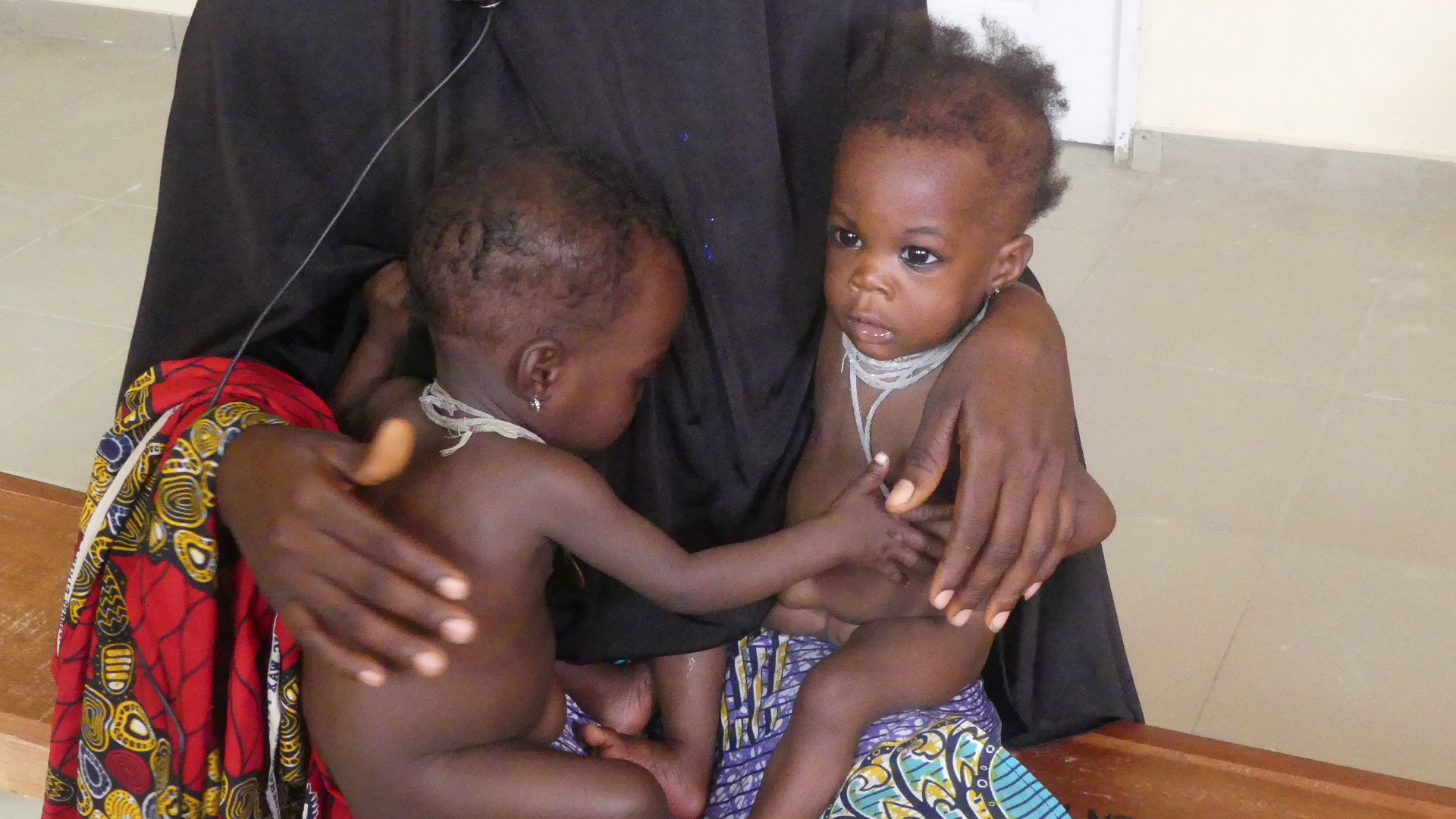
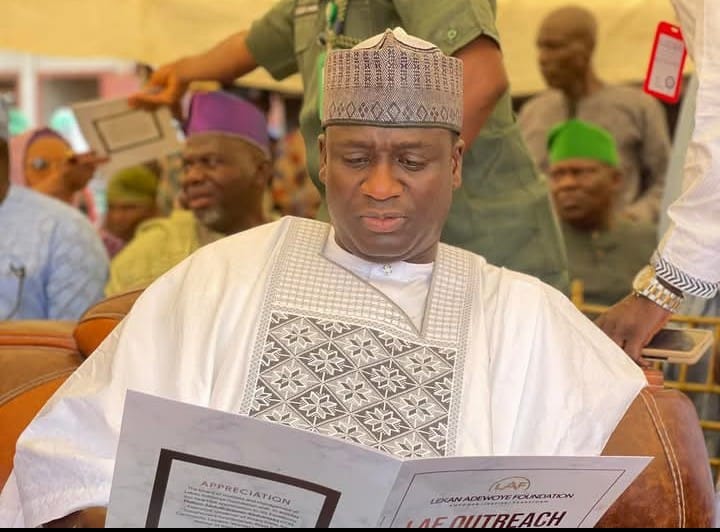


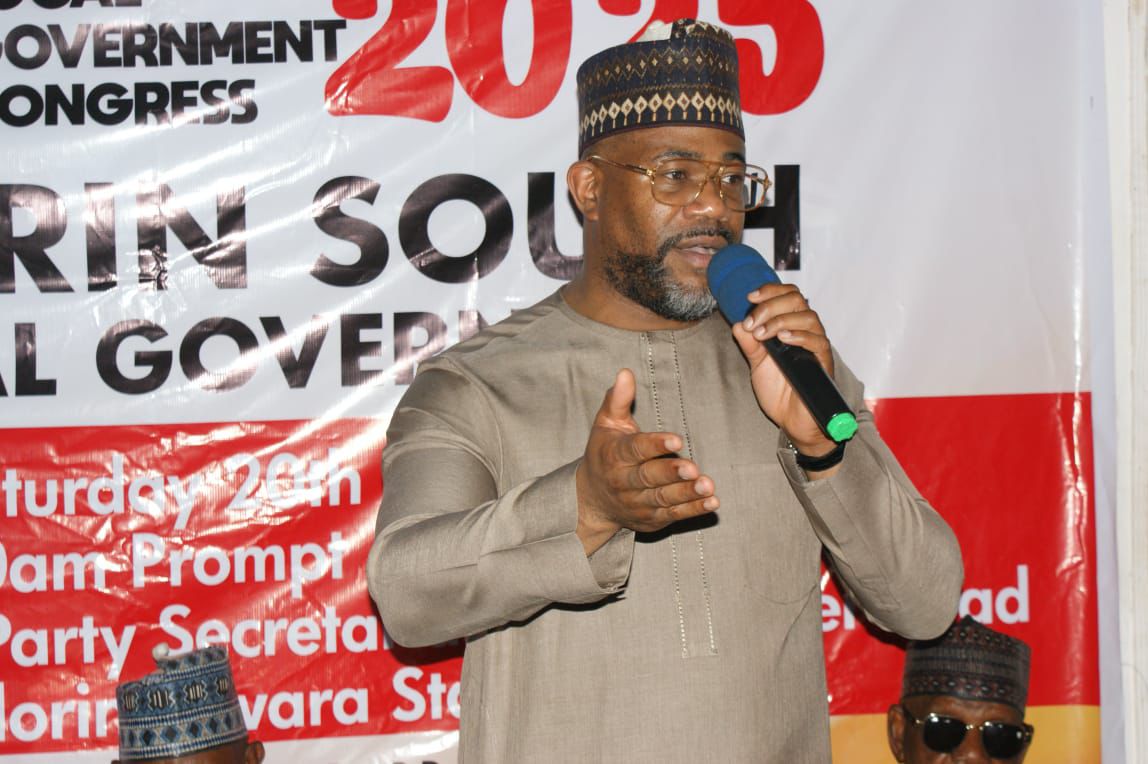
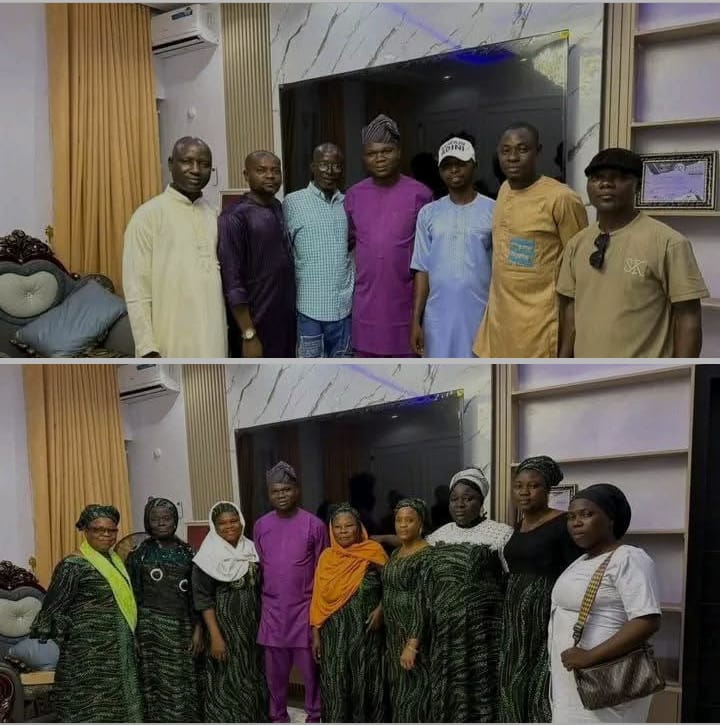




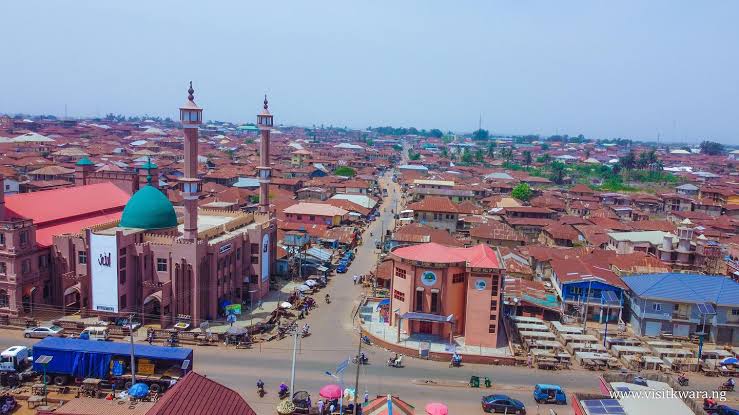
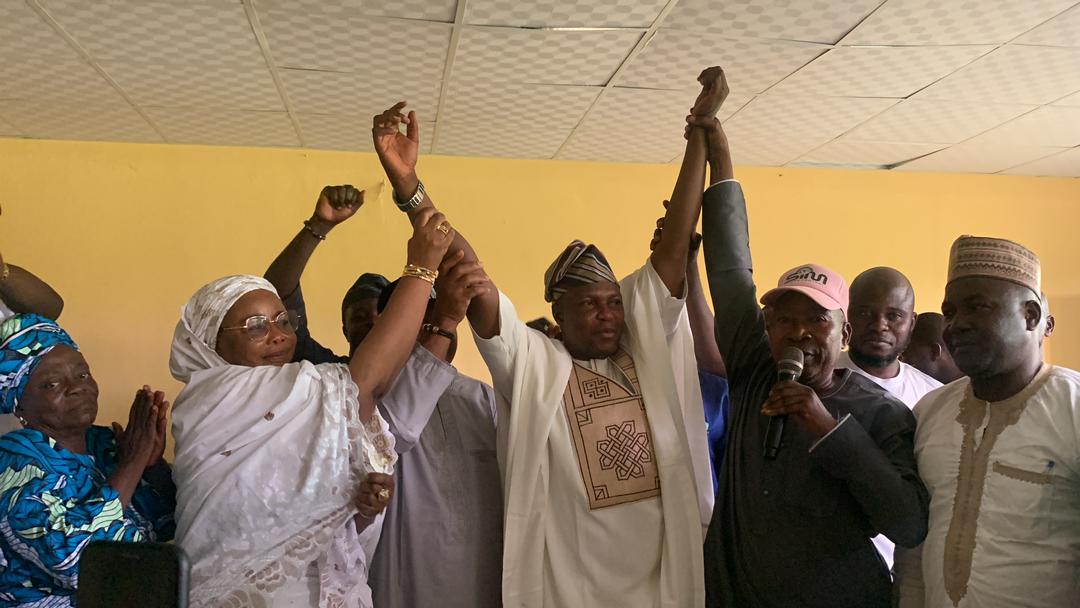
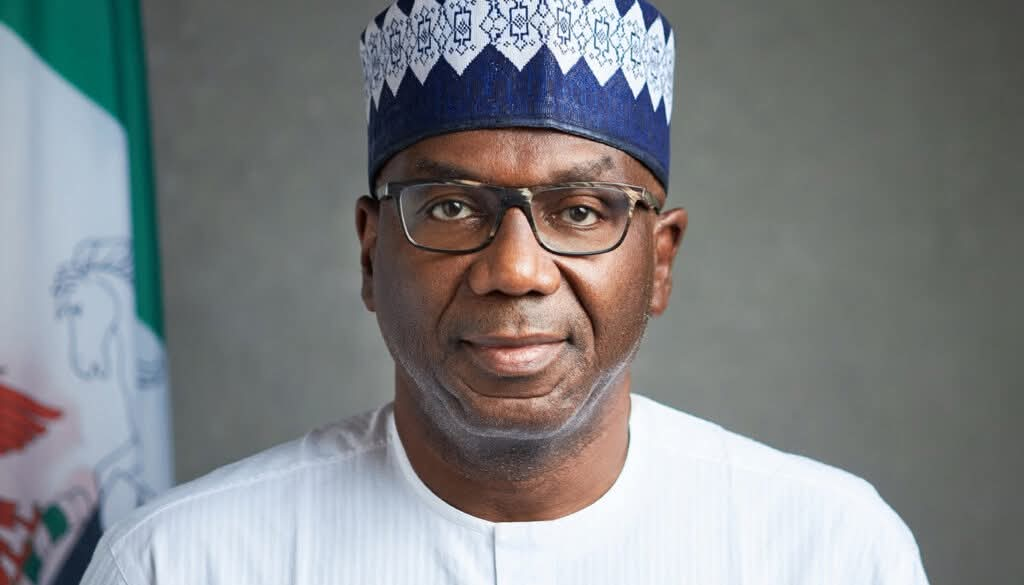

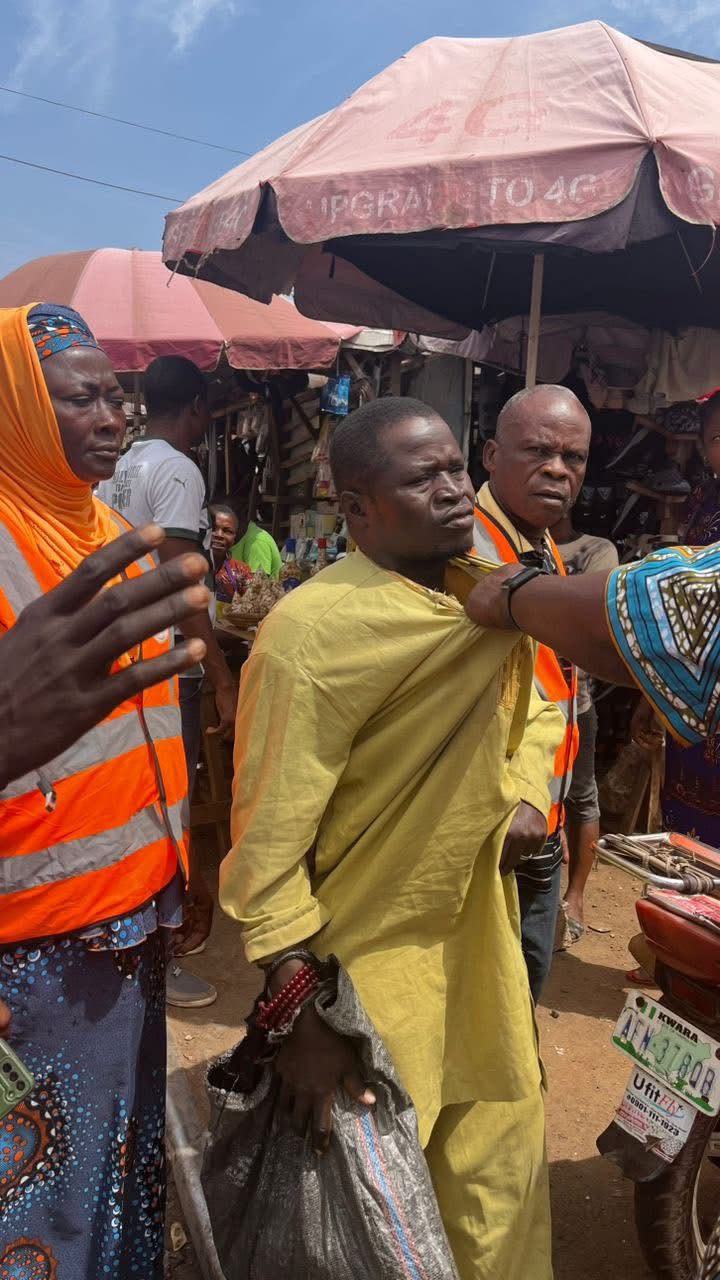
Leave a Reply